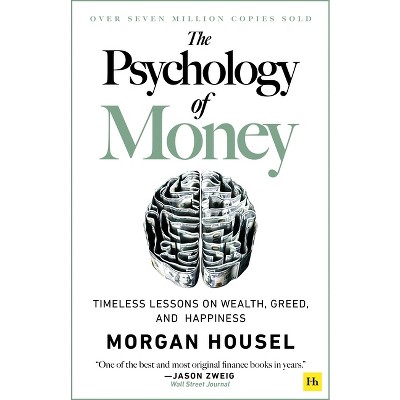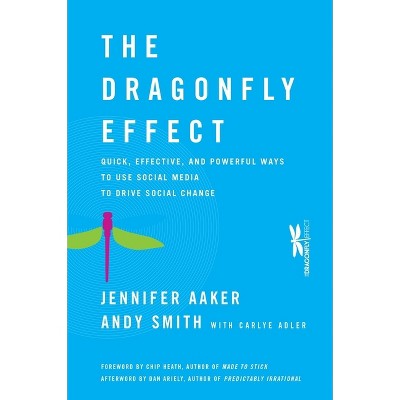About this item
Highlights
- Reveals the powerful and undermining effects of stress on good decision making-and what leaders can do about it The ability to make sound and timely decisions is the mark of a good leader.
- About the Author: HENRY L. THOMPSON, Ph.D., an award-winning organizational psychologist, leadership consultant, researcher, and author, is the founder and CEO of High Performing Systems, Inc., a leadership solutions provider.
- 336 Pages
- Business + Money Management, Decision-Making & Problem Solving
Description
Book Synopsis
Reveals the powerful and undermining effects of stress on good decision making-and what leaders can do about it
The ability to make sound and timely decisions is the mark of a good leader. But when leaders with otherwise strong track records suddenly begin making poor decisions-as seen in the recent corporate scandals that rocked the business world-the impact can be widespread. In The Stress Effect, leadership expert Henry L. Thompson argues that stress is often the real culprit behind this leadership failure: when leaders' stress levels become sufficiently elevated-whether in the boardroom or on the front line of a manufacturing process-their ability to effectively use their emotional intelligence and cognitive ability in tandem to make wise decisions is significantly impaired. Until now, experts have argued that increasing your emotional intelligence will help you cope with and manage stress. This book suggests that stress actually blocks access to your emotional intelligence as well as your cognitive ability, two critical components in the decision-making process. This book
- Shows how stress adversely affects the performance of even the most savvy leaders
- Reveals the truth about one of the prime factors behind the current failure of leadership
- Offers a solid prescription for building a "stress resilient system" and arms leaders with best practices for managing specific stressors that take the biggest toll on decision making
- Is written by an award-winning organizational psychologist and leadership consultant whose clients include a roster of Fortune 500 companies
A groundbreaking and insightful resource for leaders, The Stress Effect reopens the dialogue on stress, its effect on decision making, and what to do about it.
From the Back Cover
The ability to make sound and timely decisions is the mark of a good leader. However, when leaders with otherwise strong track records suddenly begin making poor decisions--as seen in the recent corporate scandals that rocked the business world--the impact can be devastating.
In The Stress Effect, leadership expert Henry L. Thompson reveals that stress is often the culprit behind leadership failure. When leaders' stress levels become sufficiently elevated, their ability to call on both emotional and cognitive intelligences to make wise decisions is dramatically impaired. Experts have argued that increasing your emotional intelligence will help you cope with and manage stress. But Thompson clearly shows that stress actually blocks access to your emotional intelligence as well as your cognitive intelligence, two critical components in the decision-making process.
Drawing on examples from Green Berets on the battlefield to top-level executives in the board-room, The Stress Effect explains how to make good decisions under extreme stress. The book also demonstrates how we can all develop a "stress resilient system" by focusing on three key areas--stress management capacity, cognitive resilience, and stress resilient emotional intelligence. Thompson also offers an innovative and solid prescription for managing specific stressors that have proven to take the biggest toll on the decision-making process.
The Stress Effect offers critical guidance for any leader under pressure, for those charged with selecting high-potential leaders, or for anyone who wants to understand how to manage stress in their own lives.
About the Author
HENRY L. THOMPSON, Ph.D., an award-winning organizational psychologist, leadership consultant, researcher, and author, is the founder and CEO of High Performing Systems, Inc., a leadership solutions provider. He is the creator of the Leadership Potential Equation, author of Jung's Function-Attitudes Explained and The Communication Wheel: A Resource Book, and coeditor of the Handbook for Developing Emotional and Social Intelligence (Pfeiffer, 2009).












